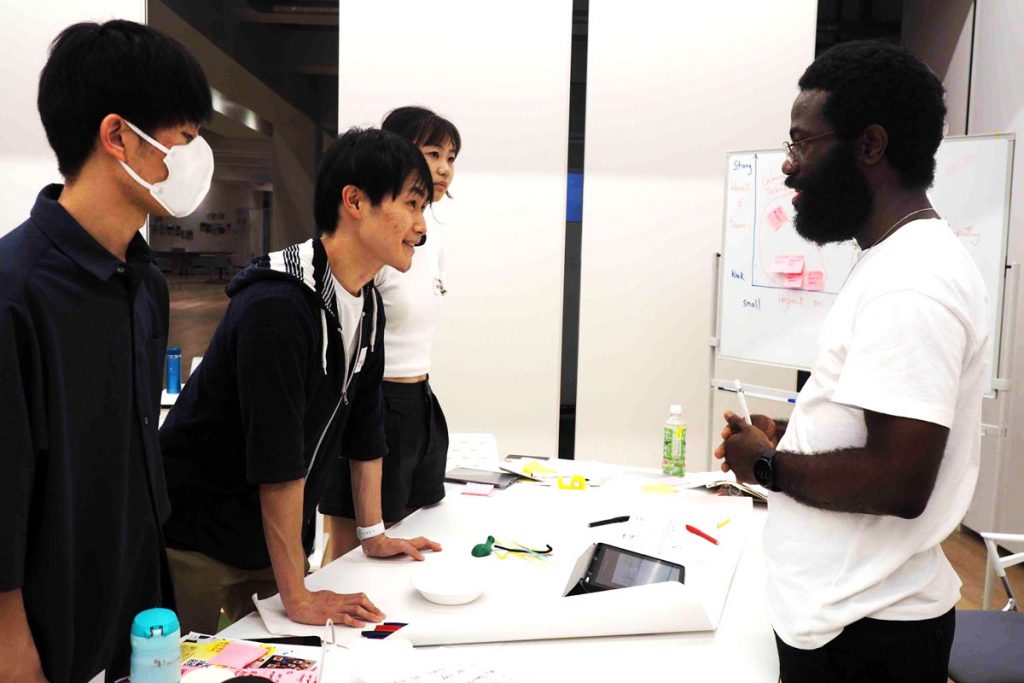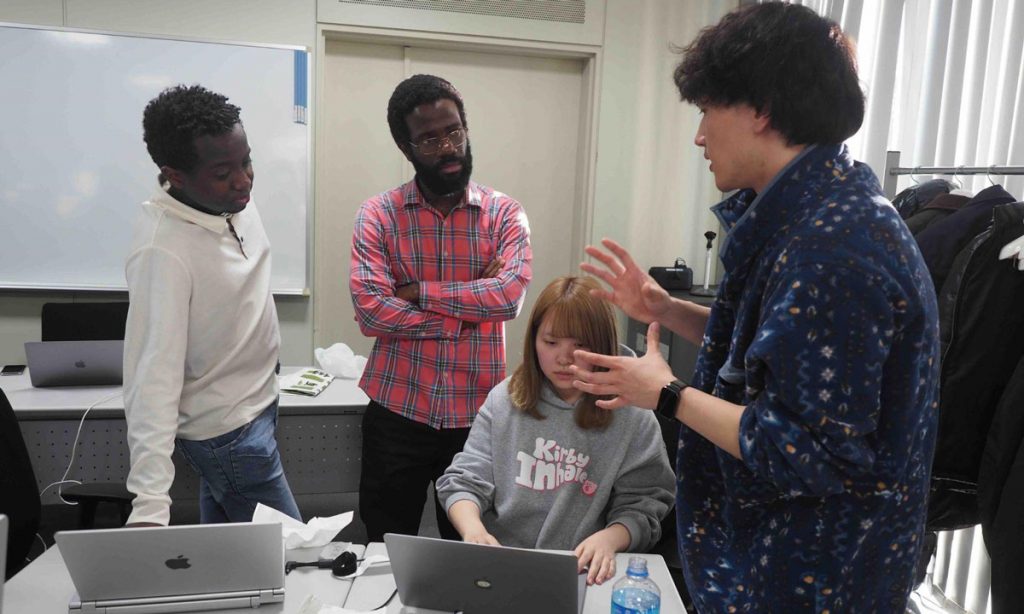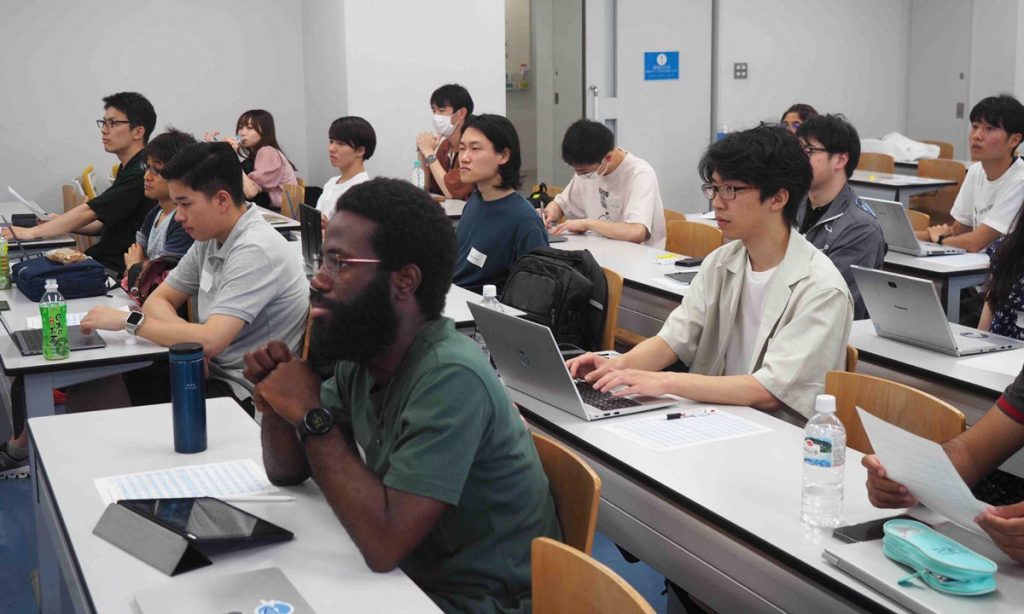As a student pursuing a degree in engineering, I have always been passionate about the technical side of my field — solving complex problems and pushing the boundaries of innovation. However, I quickly realized that technical expertise alone isn’t enough to make an impact. Engineers and scientists must also be effective leaders, capable of leading teams, managing projects, and making strategic and informed decisions that drive change. That’s where leadership education comes in.
From Participant to Leader
I joined the Academy for Leadership at Institute of Science Tokyo (formerly Tokyo Institute of Technology) through the recommendation of alumnus Amin Nazarahari. The academy aims to offer a world-leading graduate program that develops individuals into a global driving force, and its education transcends boundaries. My simple goal was to gain the skills necessary to lead within the engineering and scientific communities. With time, I realized just how much the program extends beyond borders; it develops leadership and technical skills that make a person an innovative global citizen eager to respond to the needs and expectations of all aspects of society. The workshops, lectures, seminars, and real-world projects at the academy have exposed me to different aspects of leadership, ranging from negotiation for consensus building to recognition of social issues and global communication.

Two of the most important skills I have developed through this program are understanding while listening and not just giving feedback, and consensus building through negotiation. As engineers and scientists, our training often focuses on complex data and results; nevertheless, our ability to effectively communicate those outcomes in a way that motivates people to act and lead change will go a long way in solving real-world problems. The Academy for Leadership has given me the tools to do just that, helping me become more confident in expressing my ideas, leading discussions, and listening to understand the perspectives of others.



Opportunity to Apply the Acquired Skills as a Teaching Assistant (TA)
Interestingly, the academy provides opportunities to apply some of the acquired skills by allowing students to serve as teaching assistants (TAs) and lead group discussions for courses that they have completed. The TA role goes beyond supporting teaching staff; it’s an opportunity to apply what you learned while building the confidence of current students.
As a TA, I have had the opportunity to guide small group discussions, mentor students, give feedback regarding the structure and presentation of workshops, and even earn money. These experiences have helped me sharpen my leadership abilities in real time. I have learned how to handle different personalities, manage group dynamics, and provide constructive feedback while maintaining a positive and inclusive environment. It’s one thing to understand leadership in theory, and it’s another to apply it in practice, especially when working with peers.
One of the most rewarding aspects of being a TA has been the chance to contribute and see other students grow. Watching someone initially hesitant to speak up or lead in any form become a confident leader in a very diverse student community is a testament to how impactful this leadership development program is. It has reinforced my belief that leadership is not just a skill — it’s a continuous journey of growth and self-improvement for the greater good of our society and the world.
How the Program Has Shaped Me
Being part of the Academy for Leadership as a student and a TA has been transformative. I have gained a deeper understanding of leadership principles and developed the confidence to apply them in various contexts, both in academic settings and beyond. Most importantly, I have learned that leadership isn’t about having all the answers; it’s about creating an environment where everyone can contribute their unique strengths to achieve a shared goal.
The skills I acquired through this program have improved my ability to lead and deepened my understanding of myself. I have become more self-aware, resilient during challenging times, and adaptable in different situations. These qualities will serve me well throughout my career and in any leadership role I take on in the future.
Looking Ahead
As I continue my journey in the Academy for Leadership as a doctoral student, I’m excited to keep growing and helping others develop their leadership potential. Whether working on a team project, leading a research group, or mentoring others, the lessons I have learned and will continue to learn through this program will guide me every step of the way. In the future, I will use this leadership knowledge and the skills acquired to effectively manage my consultancy firm, academic endeavors, and research projects as a professor. Leadership is a lifelong, practical skill essential for becoming a well-rounded engineer or scientist, and I’m grateful for the opportunity to cultivate it in such a supportive and dynamic environment.
